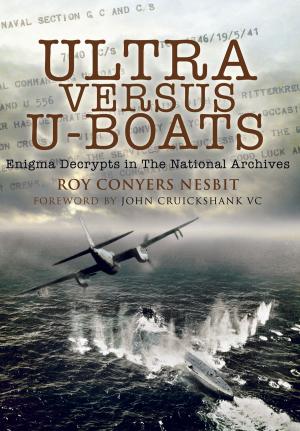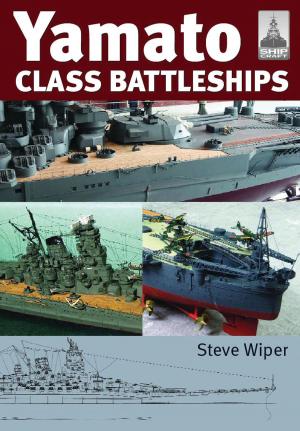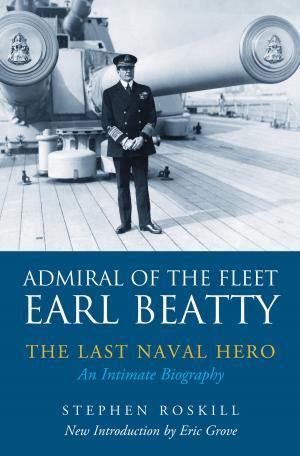| Author: | D K Brown | ISBN: | 9781783830602 |
| Publisher: | Pen and Sword | Publication: | July 30, 2010 |
| Imprint: | Seaforth Publishing | Language: | English |
| Author: | D K Brown |
| ISBN: | 9781783830602 |
| Publisher: | Pen and Sword |
| Publication: | July 30, 2010 |
| Imprint: | Seaforth Publishing |
| Language: | English |
The launch of HMS Dreadnought in 1906 ushered in one of the most rapid periods of warship development in history; and only ten years after this all-big-gun, turbine-powered battleship was completed, two entire fleets of Dreadnoughts would meet at Jutland and put the work of the prewar designers to the ultimate test.
The renowned warship author, D K Brown, examines the development of these vessels and looks at how wartime experience affected warship design. As well as battleships and battlecruisers, for the first time the developmental history of smaller vessels such as minesweepers, monitors and escort vessels, built in direct response to wartime needs, is described, as is that of the submarine and aircraft carrier. A detailed study is made of battle damage, including the role played by ammunition explosions in the loss of three British battlecruisers at Jutland. Also described are the postwar capital ship designs, killed off by the Washington Treaty, which are among the most fascinating ‘might-have-beens’ of naval history.
A classic work again available for historians and enthusiasts, detailing the development of all those ships that enabled the Royal Navy to rule the waves supreme and defend country and empire.
The launch of HMS Dreadnought in 1906 ushered in one of the most rapid periods of warship development in history; and only ten years after this all-big-gun, turbine-powered battleship was completed, two entire fleets of Dreadnoughts would meet at Jutland and put the work of the prewar designers to the ultimate test.
The renowned warship author, D K Brown, examines the development of these vessels and looks at how wartime experience affected warship design. As well as battleships and battlecruisers, for the first time the developmental history of smaller vessels such as minesweepers, monitors and escort vessels, built in direct response to wartime needs, is described, as is that of the submarine and aircraft carrier. A detailed study is made of battle damage, including the role played by ammunition explosions in the loss of three British battlecruisers at Jutland. Also described are the postwar capital ship designs, killed off by the Washington Treaty, which are among the most fascinating ‘might-have-beens’ of naval history.
A classic work again available for historians and enthusiasts, detailing the development of all those ships that enabled the Royal Navy to rule the waves supreme and defend country and empire.















